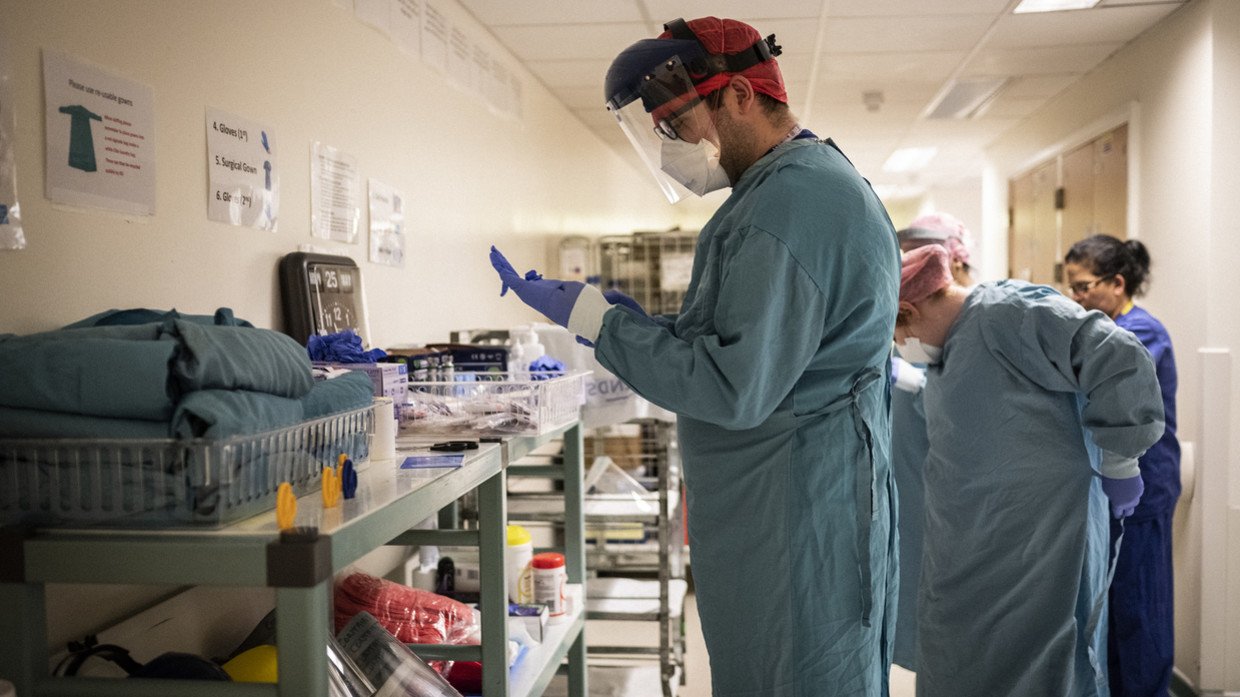The cancer treatment backlog in England could “take decades to address” after the Covid pandemic caused the health service to “collapse rapidly”, according to a new report from the Institute for Public Policy Research (IPPR).
In the research, released on Friday, the independent progressive think tank warned of the impact of the pandemic on cancer treatment, urging officials to take steps to prevent potentially “severe” consequences that will require “considerable catch-up” work to be done.
While the UK government has announced a three-year funding proposal to address issues that have emerged in the NHS during the pandemic, the IPPR said there was “more to be done” if Britain is to “build back better”, as Prime Minister Boris Johnson has promised.
Highlighting how the impact of coronavirus had caused the health service to “collapse rapidly”, the think tank said the crisis had forced the NHS to take “unthinkable steps like cancelling cancer treatments”, leaving an estimated 19,500 people with undiagnosed cancers.
Examining the ways to clear the backlog, the study warned that it would take until 2033 before hospitals, already “stretched” to capacity, could clear the backlog, even if treatment interventions were increased by 5%. If they rose by 15%, it could potentially be cleared by next year. However, if the NHS didn’t boost cancer treatments, the backlog “could take decades to address”, the researchers said.
The IPPR’s report urges the government to implement greater funding as a matter of urgency, as the funds announced so far were “just about enough to keep the health service afloat”, it said, given that data showed that, before the pandemic, the cancer survival rate in the UK already lagged “far behind most similar countries”.
Also on rt.com Appeals court overturns controversial ruling on child gender treatment in UK; doctors CAN prescribe puberty blockers to under-16s“These alarming estimates lay bare just how urgently investment in equipment, and crucially in NHS staffing, is needed to avoid a devastating decade of further disruption to cancer diagnosis and treatment,” the chief executive of Breast Cancer Now, Baroness Delyth Morgan, said following the release of the report.
The UK government has not yet issued a response to the IPPR’s findings.
If you like this story, share it with a friend!

